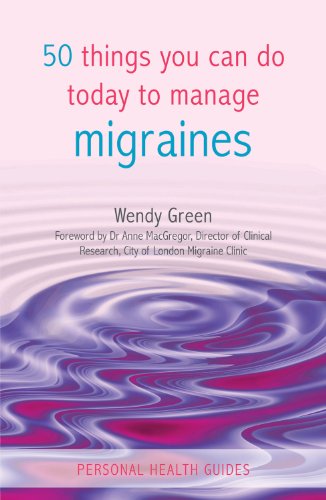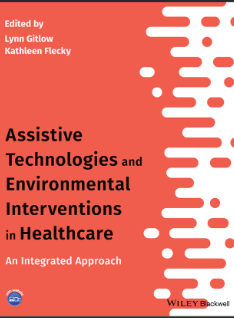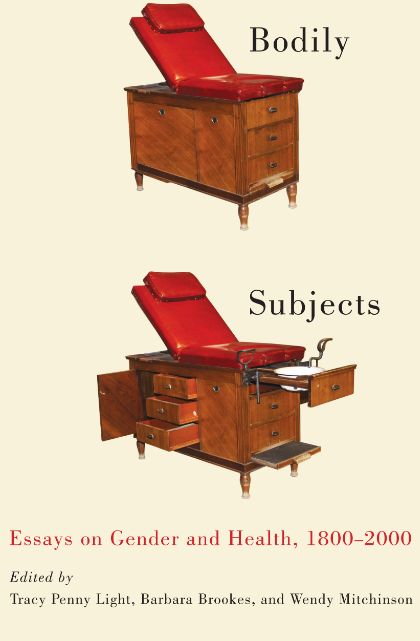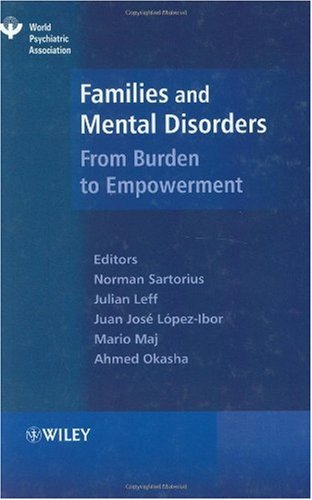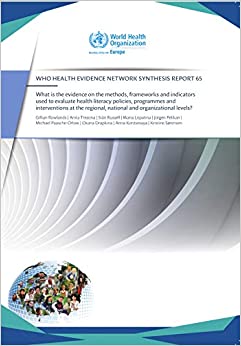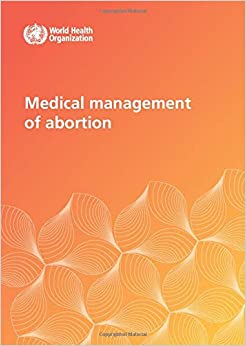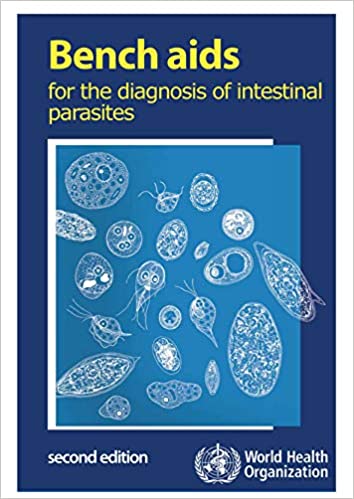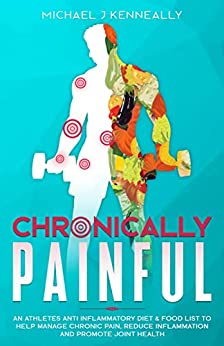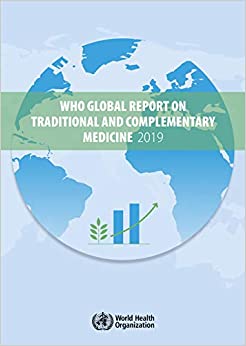موضوعات
آموزش و پرورش
ادبیات و زبان
پزشکی، دندانپزشکی و داروسازی
تاریخ و جغرافیا
داستان و رمان
دیگر
دین و فلسفه
روانشناسی
ریاضیات و آمار
سلامتی، تناسب اندام و رژیم غذایی
شیمی و پلیمر
علوم اجتماعی و حقوق
علوم زیستی و بیوتکنولوژی
فیزیک و نجوم
کامپیوتر و اینترنت
کتابهای کودکان و داستان
کسب و کار و اقتصاد
کشاورزی و دامپزشکی و غذا
معماری
مهندسی و فناوری
هنر و تئاتر
محصولات
50 Things You Can Do Today to Manage Migraines - Original PDF
نویسندگان: خلاصه: Discover how to avoid migraine triggers, choose beneficial food and supplements to help manage migraines, and more in this comprehensive healing manual According to the World Health Organization, migraines are one of the most serious, disabling medical conditions. Teaching how to deal with them, this guide explains how dietary, psychological, and environmental factors can cause migraines and offers practical advice and a holistic approach to help manage them, including simple lifestyle and dietary changes and DIY natural therapies. The guide also teaches a solid understanding of conventional and alternative treatments.Assistive Technologies and Environmental Interventions in Healthcare - Original PDF
نویسندگان: خلاصه: The changes we have all seen in technology and corre spondingly with assistive technology in the past 10 years are mind‐boggling. Futurist and inventor Ray Kurzweil (2000) stated early in the twenty‐first century that com puters are 100 million times more powerful than they were 50 years ago. The exponential growth of computer capacity that Kurzweil and others predicted in the late 1990s continues to advance and has the potential for improving all aspects of life (Diamandis and Kotler 2014). These exponential changes in technology make it hard to keep up with the latest innovations. For example, one of the chapter authors worked in an assistive technology laboratory in which serial port add‐ons to computers evolved into Universal Serial Bus (USB) ports rendering the former connections and their attachments obsolete within in less than five years. Currently, com puters no longer come with disk drives and all of the software one needs to load on the computer comes from the cloud. Vicente (2006) stated, “... more and more technology is being foisted upon us at a faster and faster pace” (p. 13). In addition, technology is clearly a necessary part of our lives. For many of us, it is difficult to remember a time when cell phones, laptops, or navigation devices were not available to those who could afford it. Furthermore, the convergence of multiple technologies into a single, small, handheld device such as a smart phone is common as part of our work and personal experiencesBodily Subjects Essays on Gender and Health, 1800–2000 - PDF
نویسندگان: خلاصه: Constant good health is a chimera: the thing we all want, don’t notice when we have it, and mourn when we lose it. Being “healthy” is also something that women and men “do” in different ways. 1 The authors in Bodily Subjects all explore the historical entanglement between gender and health to expose how women and men “did” health in a variety of locations, from the nineteenth-century English Poor Law Union of Stourbridge, an early twentieth-century Aboriginal reserve in Queensland, Australia, to A I D S activists on the streets of Toronto in the 1990s. Our volume takes as its subject how gender is integral to the understanding of health and the way its meaning is embedded in cul- tural contexts connected to place and time. Our title reflects the way in which the body is both a subject of inquiry and a phenomenological experience. There is no “I” without a body and that body, Foucault has argued, is subject to regimes of power. 2 The title, Bodily Subjects, then, should be read in two ways. First, it re- fers to the embodied meanings of health for men and women and how these have expanded over time, from an able body signifying health in the nineteenth century to concepts of “well-being,” a psychological interpretation, which came to dominate health discourse in Western countries by the late twentieth century. Second, it refers to the way in which ill health turns individuals into subjects of the medical gaze. Medical expertise is brought to bear in diagnosing and treating indi- viduals in ways that are seen through the lens of genderFAMILY THERAPY Concepts, Process and Practice - Original PDF
نویسندگان: خلاصه: According to the World Health Organization’s World Health Report 2001, one family in four worldwide has at least one member currently suffering from a mental disorder. This disorder often remains undiagnosed and untreated, but the behaviour of the ill person usually has a significant impact on the quality of life of the family and on the mental health of the other members of the family, and generates feelings of shame, guilt, helplessness and despair. This book provides a comprehensive picture of currently available evidence about the specific characteristics of the burden on the families of people with the various mental disorders, the coping strategies which increase or decrease this burden, the family interventions of proven efficacy, and what should be said and what should not be said to the relatives of people with the various conditions.What is the evidence on the methods, frameworks and indicators used to evaluate health literacy policies, programmes and interventions - Original PDF
نویسندگان: خلاصه: What is the evidence on the methods, frameworks and indicators used to evaluate health literacy policies, programmes and interventions at the ... Evidence Network Synthesis Report, 65) 1st Edition by Centers of Disease Control (Author)Chronically Painful: An Athletes Anti Inflammatory Diet & Food List to Help Manage Chronic Pain, Reduce inflammation and Promote Joint Health - Epub + Converted PDF
نویسندگان: خلاصه: Chronically Painful: An Athletes Anti Inflammatory Diet & Food List to Help Manage Chronic Pain, Reduce inflammation and Promote Joint Health by Michael J Kenneally (Author)آیا کتاب مورد نظر هنوز بر روی سایت قرار نگرفته است؟ جای نگرانی نیست! کافی است بر روی گزینه سفارش کتاب کلیک کرده و درخواست خود را ثبت کنید. در کمتر از چند ساعت کتاب شما را آماده خواهیم کرد.
